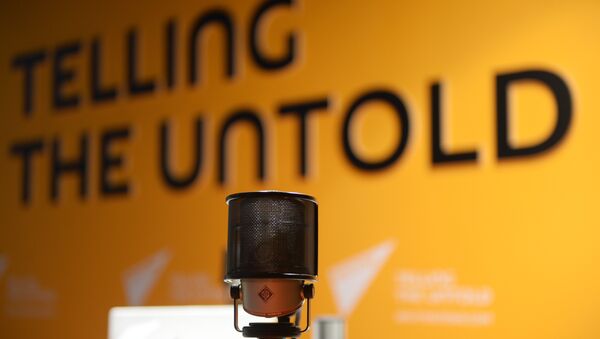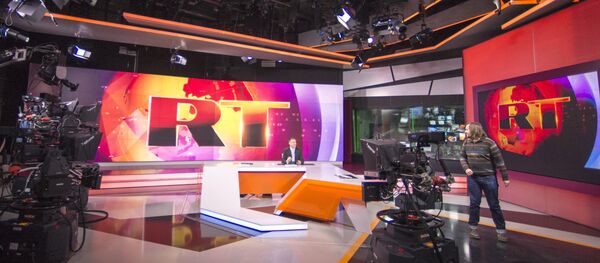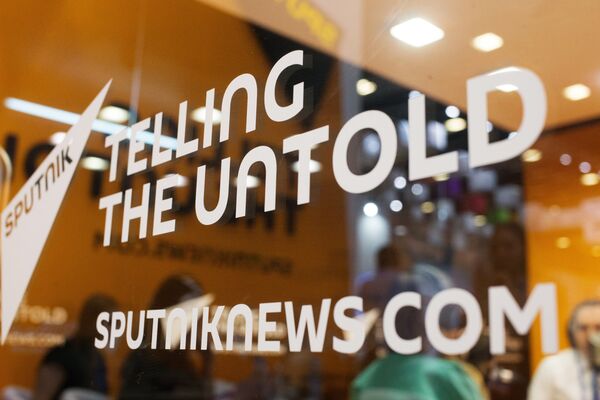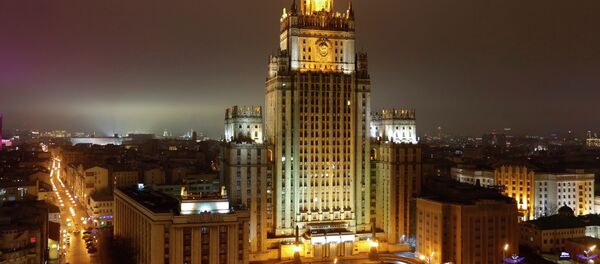However, in the whole report, the politicians failed to back up their assertion with any factual evidence on the part of Sputnik, which has a long history of correcting any editorial errors whenever a dispute arises.
The committee wrote: "In evidence to the Committee [Sputnik] could not provide any examples of reporting that criticized Russian military actions," without giving any indication as to why it should.
"The rise of fake news in the UK is a real concern. Key questions as to RT and Sputnik's impartiality, integrity and actual news stories remain unanswered," the report stated, without giving any supporting evidence.
The report also said that:
"Sputnik News portrayed themselves in their evidence as editorially independent, providing fact-based analyses that offer different points of view from the mainstream western media."
"Given Russia's size and history, the relationship between our two countries matters. But it is fraught. Refusal to engage with Russia is not a viable, long-term policy option. The Committee agrees with the Prime Minister's advice to the US Republican caucus: 'Engage but beware,' " the chair of the Foreign Affairs Committee, Crispin Blunt MP, said.
The committee said that Sputnik News and RT had every right to broadcast and publish in the UK in what is a sign of freedom of expression and freedom of the press, but warned that the UK Foreign Office "appears not to know what it wants from its relations with Russia. It should clarify its objectives and then conduct a meaningful and regular political dialogue with the Russian Government in a spirit of ‘'frankness and honesty' while maintaining the UK's core values."
"The [UK Foreign Office]'s Russia expertise has disintegrated since the end of the Cold War. This must be reversed. The Committee recommends increased FCO resources to enhance the UK's analytical and policymaking capacity, and the appointment of an FCO Minister with more specific responsibility for Russia. We encourage the FCO to develop a long-term, people-to-people strategy to build bridges with the next generation of Russian political and economic leaders," said Blunt.
Responding to the accusations laid out in the report, RT and Sputnik said that the UK Parliament continues to exercise double standards toward Russian media, attacking the outlets for 'advancing [Moscow] narrative on world affairs,' while 'applauding' to BBC for promoting British interests worldwide.
"Despite the appearance of conciliatory rhetoric, it seems the UK Parliament is as ever committed to double standards when it comes to its treatment of Russian media. RT is summarily labeled as 'propaganda' for 'advancing [Russian] narrative on world affairs,' while on literally the next page the BBC is applauded for doing the exact same thing for its own country!" the statement of the media read.
"UK watchdogs must keep RT under a microscope – but apparently fake news disseminated about RT and Russia on a regular basis by the British media get a free pass," RT pointed out.
RT also expressed regret about the Committee’s failure to try to understand the Russian counterparts of the British media opting "to fan the vanity of British institutions instead of building bridges."
"While we welcome any effort to improve relations between Britain and Russia, this report clearly sets out its intentions from the beginning and tries to spin what it sees as the 'correct' perception of the situation. We see Sputnik treated as propaganda, while the BBC World Service is called 'Britain’s soft-power.' In anticipating this report, we had hoped that there would be something new to celebrate, regrettably, this is not the case," the Sputnik press office said in a statement.
Sputnik has previously raised concerns about encroaching media censorship in Europe, following the passing of a resolution by the European Parliament which dismissed certain media outlets, including Sputnik, as "propaganda." However, both the European Federation of Journalists and the International Federation of Journalists joined Sputnik in condemning the motion and issued a call for more, rather than less, media freedom across the continent.





